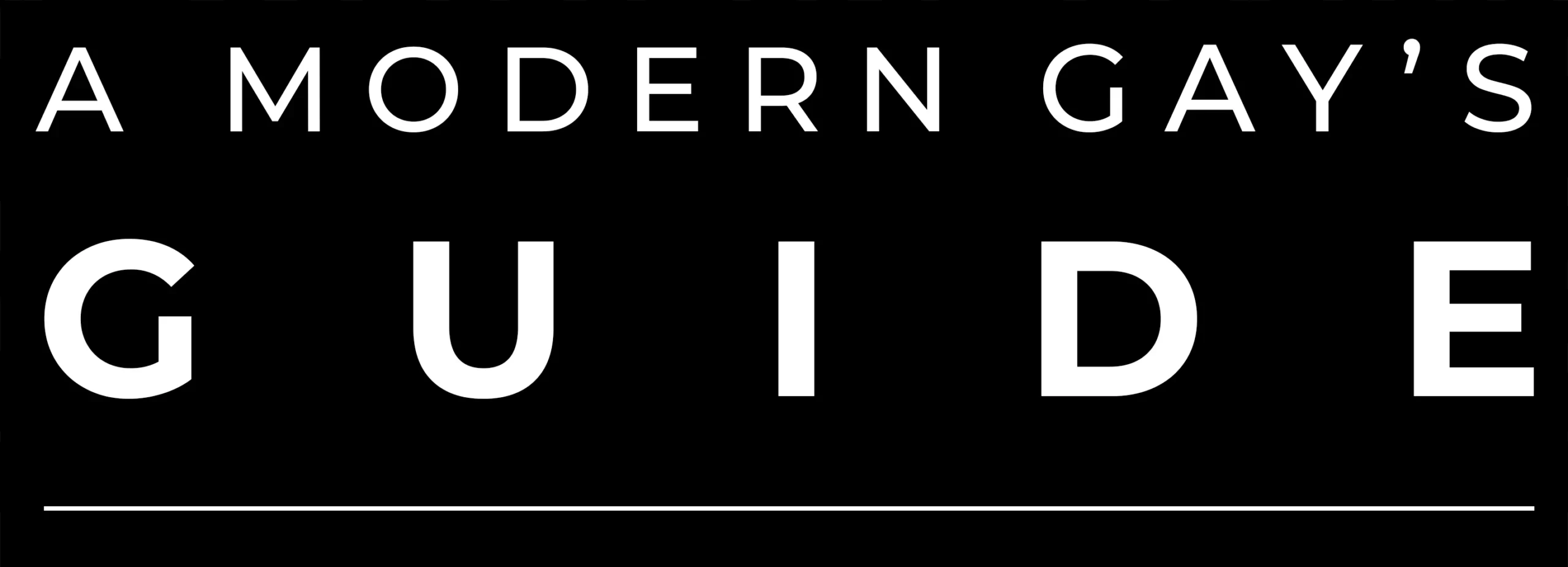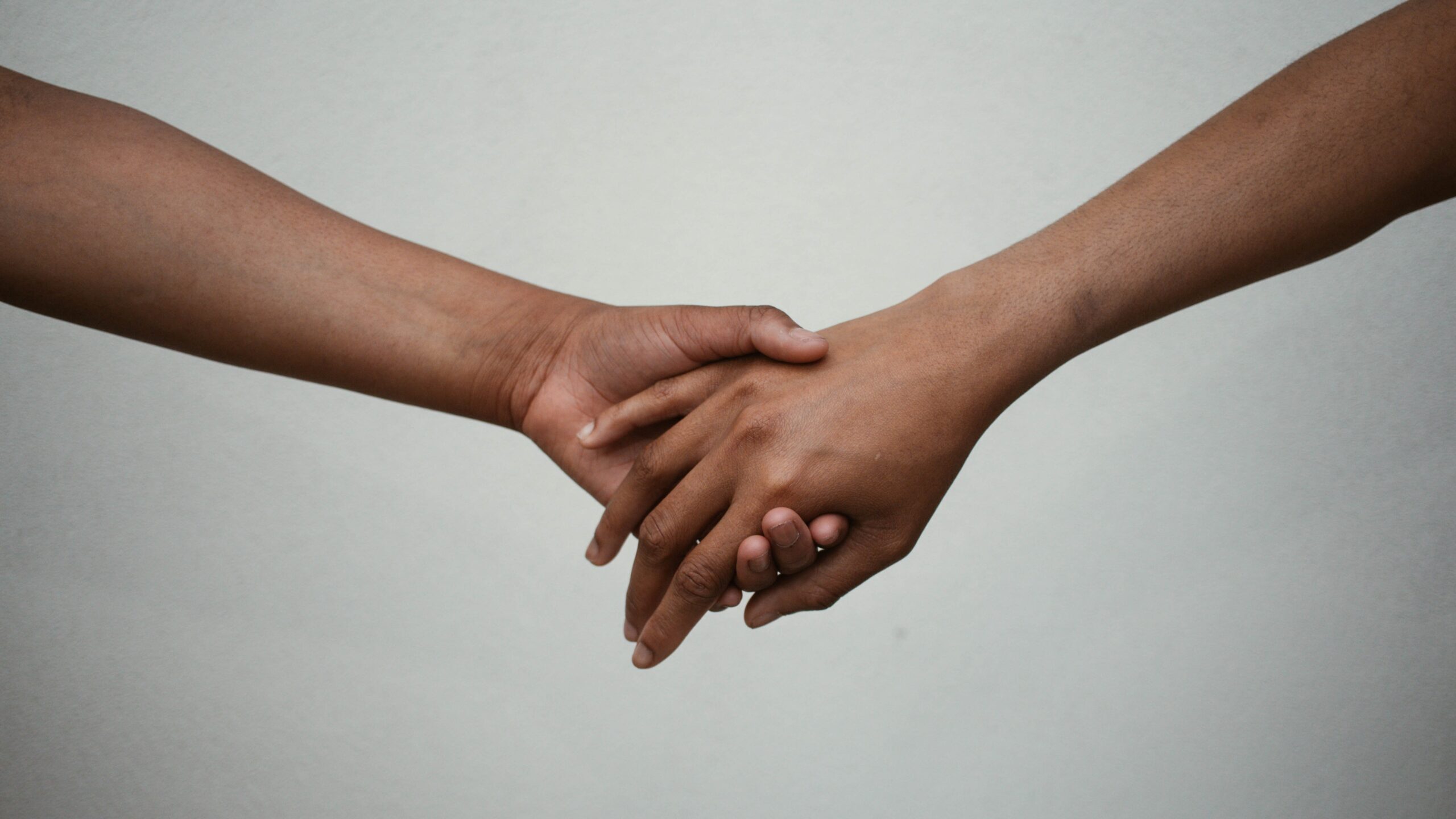My GP is heaving.
My therapist is trying not to roll her eyes.
My dog is shitting on my carpet (again).
One of these things is not like the other. Similarly, this mantra can be applied to the terms boyfriend, girlfriend and friend. Two of these terms are allowed to exist within this world with gusto and clarity, and one… well she is as stretched as your favourite pair of coochie cloth.
For all individuals who identify within the female sphere… please oh please, for the love of our lord and saviour Sandra Bullock, would you please stop referring to your friends as your girlfriends?
It’s outdated and redundant, and it makes queer women’s lives harder than they already are.
When we finally take that step out of the closet, we realise that it isn’t a one-hit wonder. We, in fact, will be coming out for the rest of our lives. As someone who presents as feminine a majority of the time, I feel like I come out at least once a week. This is perpetuated by the fact that when meeting new people, I have to drop ‘girlfriend’ and ‘she’ four times, then pivot to ‘partner’ for a few sentences, hit them over the head with ‘girlfriend’ twice more, and then finally the “oh- sorry- I didn’t realise you meant “GIRLFRIEND”” is dropped.
It’s debilitating and presumptuous, and good god, I am tired of it. And this isn’t even a verbal combat between myself and big dick Donnie at the bar who thinks my presence of a girlfriend, but absence of a boyfriend, means that I want a threesome. That’s a whole other kettle of funky, ill-favoured fish.
We all know it doesn’t help that romantic relationships between women throughout history and presently remain near invisible, especially in the media.
Carmen Maria Machado talks eloquently and unflinchingly in her book ‘The Dream House’ about what she coins ‘archival silence’ – the often purposeful absence or distortion of documentation – and the harmfully significant degree to which sapphics, and other marginalised groups, have seen the effects of this. Emily Dickinson did not tell Sue that she licked her letters to gather any lingering tastes of her touch because they were “just friends”. Christ. Furthermore, stereotypes like “lesbians hating men” or the idea of a strict butch-femme dichotomy continue to conserve misidentification within all communities, even the LGBTQ+ ones.
The matter is also an issue of safety for some.
Clarity in terminology is vital when understanding others’ opinions or potential actions. It’s not that queer people are given permission, then, to treat people differently, it’s entirely due to that fact that we know we may be treated differently if we read that room incorrectly.
Here I am, thinking Janet is an aged lesbian with her partner Leslie, who is working as an arts teacher… wrong, turns out Janet just calls all her friends ‘girlfriends’, has been married to transphobe Leslie for 41 years, hates the arts and any sector that supports it, and polled for One Nation a few weeks ago.
Whether you’re a Janet in this world, or a flaming homosexual, claiming that your use of the word isn’t intended to invalidate is ignorant. It can be hurtful to everyone who sees the term as wholly authentic and validating.
So when referring to your friends, lovers or pets in the future, consider the privilege you may have that others don’t.
If you’re truly stuck on other terms for your significant other, some of my favourites are – lil honey, my ball and chain, Jack-ie to my Rose, dumb hoe that I love, and/or the squatter living out of my bed (send help).
Unless you’re thinking about using the term ‘missus’… you can then forget everything I’ve said and continue invalidating my existence, I’d rather that then let ‘missus’ persist.




